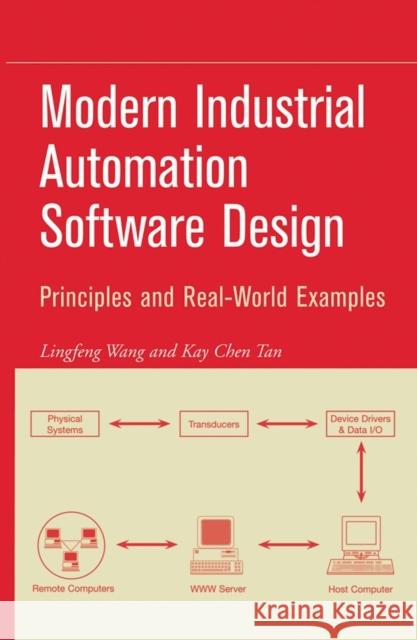Modern Industrial Automation Software Design: Principles and Real-World Applications » książka
topmenu
Modern Industrial Automation Software Design: Principles and Real-World Applications
ISBN-13: 9780471683735 / Angielski / Twarda / 2006 / 352 str.
- The main subjects in this book relate to software development using cutting-edge technologies for real-world industrial automation applications
- A hands-on approach to applying a wide variety of emerging technologies to modern industrial practice problems
- Explains key concepts through clear examples, ranging from simple to more complex problem domains, and all based on real-world industrial problems
- A useful reference book for practicing engineers as well as an updated resource book for researchers











